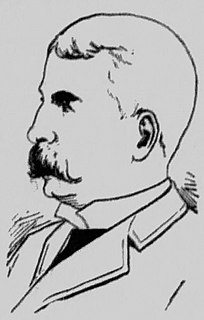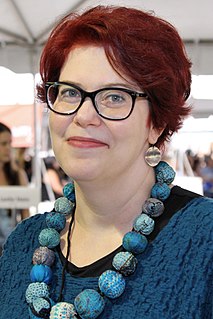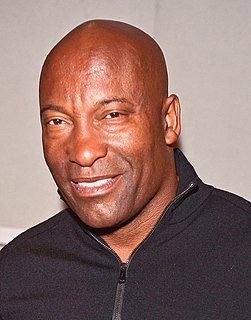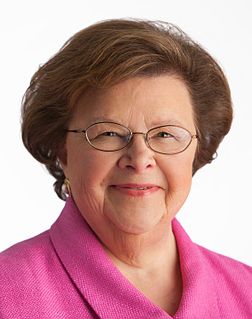A Quote by Andrew Coyle Bradley
When Shakespeare begins his exposition thus he generally at first makes people talk about the hero, but keeps the hero himself for some time out of sight, so that we await his entrance with curiosity, and sometimes with anxiety.
Related Quotes
When you see the violence of Hollywood movies, there is a tendency that the hero is combating and confronting many people, without much harm to himself. But in my films, the hero takes a lot of hits so the very act of the hero being the one on the receiving end, makes the audience cheer and connect with him.
The first responsibility of the Muslim is as teacher. That is his job, to teach. His first school, his first classroom is within the household. His first student is himself. He masters himself and then he begins to convey the knowledge that he has acquired to the family. The people who are closest to him.
Cus was my father but he was more than a father. You can have a father and what does it mean?—it doesn't really mean anything. Cus was my backbone . . . . He did everything for my best interest . . . . We'd spend all our time together, talk about things that, later on, would come back to me. Like about character, and courage. Like the hero and the coward: that the hero and the coward both feel the same thing, but the hero uses his fear, projects it onto his opponent, while the coward runs. It's the same thing, fear, but it's what you do with it that matters.
































